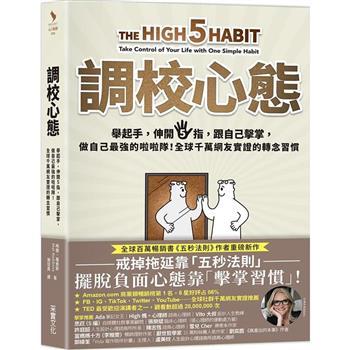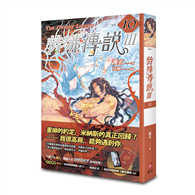Being and Freedom is a panoramic account of ethics in Europe from the French Revolution to the end of the nineteenth century. In this period the influence of ethics ran far beyond philosophy, eventually dominating politics and religion in the West. Developments came from France, Germany, and Britain: this is the first book to treat them together as a Europe-wide phenomenon, paying attention to the context of events and ideas from which they emerged. Skorupski begins by examining the philosophical conflict at the heart of the French revolution, between the individualism of the Enlightenment and two very different forms of holistic ethics: the old regime’s ethic of service and the radical-democracy of the Rousseauian left. Responses analysing freedom and modern social relations came from a series of French liberal thinkers. In Germany the reaction was to two revolutions seen as inaugurating modernity: the political revolution in France and the philosophical revolution of Kant. Here, the fate of religion was critical, and with it the metaphysics of being and freedom. Skorupski traces this story from Kant to Hegel’s idealist version of ethical holism. In Britain, Enlightenment naturalism remained the prevailing framework. It took different forms: ’common sense’ and the theory of the sentiments in Scotland, utilitarianism in England. From all these elements came a synthesis of European themes by John Stuart Mill, comparable in range but opposed to that of Hegel. The final chapter is an assessment of this period’s ethical ideas. They remain the core of late modern ethics and the contested ground on which ethical disagreements take place today.
| FindBook |
有 1 項符合
Being and Freedom的圖書 |
 |
Being and Freedom 作者:Skorupski 出版社:Oxford University Press, USA 出版日期:2024-05-01 語言:英文 規格:平裝 / 560頁 / 普通級/ 初版 |
| 圖書館借閱 |
| 國家圖書館 | 全國圖書書目資訊網 | 國立公共資訊圖書館 | 電子書服務平台 | MetaCat 跨館整合查詢 |
| 臺北市立圖書館 | 新北市立圖書館 | 基隆市公共圖書館 | 桃園市立圖書館 | 新竹縣公共圖書館 |
| 苗栗縣立圖書館 | 臺中市立圖書館 | 彰化縣公共圖書館 | 南投縣文化局 | 雲林縣公共圖書館 |
| 嘉義縣圖書館 | 臺南市立圖書館 | 高雄市立圖書館 | 屏東縣公共圖書館 | 宜蘭縣公共圖書館 |
| 花蓮縣文化局 | 臺東縣文化處 |
|
|
圖書介紹 - 資料來源:博客來 評分:
圖書名稱:Being and Freedom
內容簡介
作者簡介
John Skorupski, Emeritus Professor, School of Philosophical, Anthropological and Film Studies, University of St. Andrews
John Skorupski is a British philosopher with strong interests in history and social science. He was born in Italy of Polish parents, coming to Britain when just a few months old. He graduated in philosophy and economics from the University of Cambridge and has held philosophy posts in Glasgow, Sheffield, and St Andrews Universities. His books include Symbol and Theory (Cambridge, 1976), John Stuart Mill (Routledge, 1989), Ethical Explorations (OUP, 2000), and The Domain of Reasons (OUP, 2010). He is married to Barbara and has two daughters, Katharine and Julia. He and his wife live in London.Being and Freedom 相關搜尋
Adorno’s Gamble: Harnessing German IdeologyAdorno’s Gamble: Harnessing German Ideology
The Dialectics of Absolute Nothingness: The Legacies of German Philosophy in the Kyoto School
The Collapse of Freedom of Expression: Reconstructing the Ancient Roots of Modern Liberty
Aristotle’s Discovery of the Human: Piety and Politics in the Nicomachean Ethics
Heidegger: An Introduction
Black Divinity Institutes of the Black Theocracy Shahidi Collection Vol 1 [Remastered]
Bacteria to AI: Human Futures with Our Nonhuman Symbionts
Pink: The History of a Color
The Purpose of the Papacy
|











